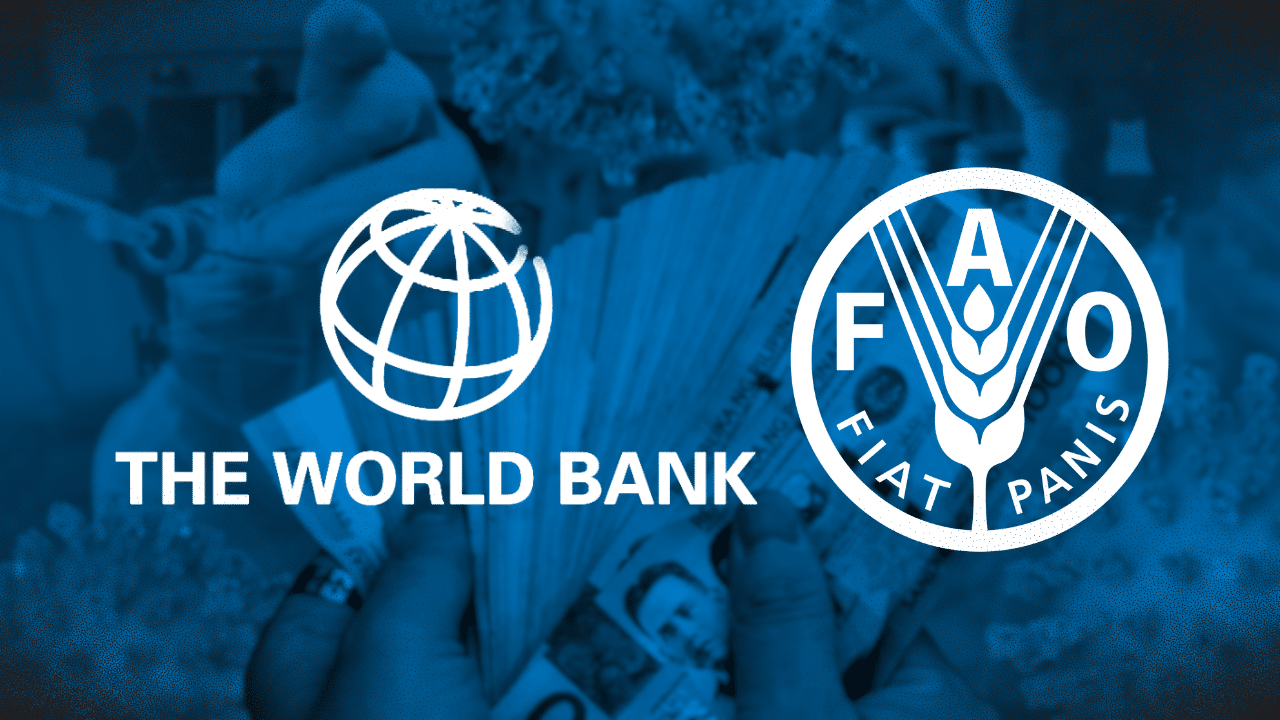PH secures $24.9-M grant to bolster pandemic response

INQUIRER FILES
The Philippines has received a $24.9-million grant from the World Bank (WB) and the Food and Agriculture Organization of the United Nations (FAO) to help the country fight off animal and human health threats.
The Philippines is one of 50 countries chosen to benefit from the two institutions’ Pandemic Fund Grant worth $547 million, intended for strengthening disease surveillance and upgrading laboratories, among others.
The Philippines’ grant for the Resilient Philippines project forms part of the second funding round by the WB and FAO to beef up pandemic prevention, preparedness and response of many recipients worldwide.
READ: Maturing COVID loans push PH debt to limit: Did we benefit?
The project calls for implementing the One Health approach, recognizing the interconnectedness of human, animal and environmental health.
Article continues after this advertisementIn a statement on Tuesday, the Department of Agriculture said the grant would help the Philippines invest in early warning systems, laboratory infrastructure and the development of a skilled health workforce.
Article continues after this advertisement“This grant will not only enhance our pandemic preparedness but will also strengthen the nation’s agricultural sector, which is vulnerable during outbreaks,” Agriculture Assistant Secretary Constante Palabrica said.
Agriculture Secretary Francisco Tiu Laurel Jr. said the grant was a “game-changer” for the Philippines.
“It will not only reinforce our capacity to respond to future pandemics but also ensure the continuity of essential sectors, such as agriculture,” Tiu Laurel said.
“By investing in disease surveillance and health infrastructure, we safeguard food security, protect our farmers and secure the well-being of the entire Filipino community,” he added.
The FAO said last month said it was “timely” for the Philippines to secure the grant as it topped the World Risk Index for the third consecutive year.
“The rapid decline in biodiversity—driven by deforestation, ecosystem destruction and habitat loss—has triggered the emergence and re-emergence of transboundary animal diseases and zoonoses, or diseases transmitted between species, such as from animal to human,” FAO country representative Lionel Henri Valentin Dabbadie said.
The G20 launched the Pandemic Fund in 2022 as a direct response to the global vulnerabilities caused by the coronavirus pandemic.
It finances vital investments to beef up the pandemic preparedness and resilience of most at-risk countries. INQ